Strict self-governance for stronger Party
Updated: 2016-11-04 09:00
By Wang Ruolei(China Daily)
|
||||||||
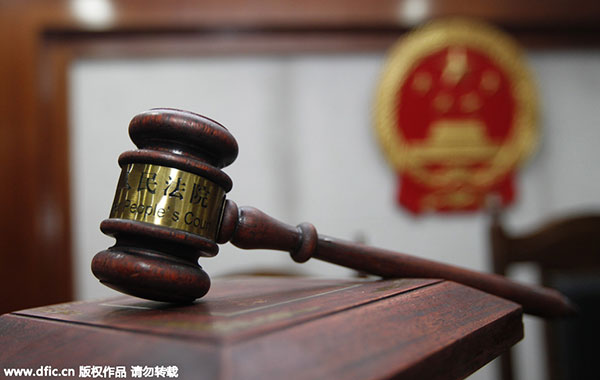 |
|
A gavel in a court. [Photo/IC] |
Among a series of core governance concepts put forward by the Communist Party of China since its 18th National Congress in late 2012, the Party has deeply impressed the public with the one about stricter self-governance.
Looking back, people would realize that the Party's campaign for stricter self-governance did help tighten its lax discipline, clean its tainted political ecology, eliminate unhealthy social trends within the Party, and inject into the country fresh vitality for further development.
The campaign for stricter governance within the Party is aimed at strengthening inner-CPC discipline, which had remained lax for years, preventing extravagance and squandering of public money by officials, eliminating "unspoken rules" and purifying the decadent political ecology. The CPC's past campaigns to rectify the deviating tendencies of its members and promote stricter self-governance indicate that such campaigns played a big role in the survival of the Party and saving the revolution in China's history. One of the key factors of the CPC's success has been its strong organizing and governing capabilities, and strict discipline.
The crux of how to better deal with the nation's affairs lies in the Party, its self-management and stricter self-governance. And the vow to promote stricter governance within the Party at the just-concluded Sixth Plenum of 18th CPC Central Committee demonstrates the CPC's resolve to continue the campaign and combat corruption. It also reflects the Party's crystal-clear stance that any clues of corruption will be investigated without exception, and there is no hiding place for corrupt officials within the Party.
In four years, a series of measures taken by the Party with Xi Jinping as its general secretary has brought about enormous changes in the Party and the country, and opened new vistas for further development. The capability, courage, insight and boldness Xi has shown have strengthened his authority and won him the honor of the core of the Party.
In these times, the core is of great significance to the Party's unity and the country's stability and development. When confronted with the challenge posed by an important mission, the Party should have its own powerful core leader. And that Xi is now the core will help the Party lay a sound political foundation for its 19th National Congress in 2017.
At the plenum, the CPC made clear that stricter Party governance must start with the introduction of measures for Party members to lead a strict political life. The new stricter requirements for Party members' political life are different from those that previously tolerated some Party organizations to lead a casual and non-binding political life. The lack of strict intra-Party political life led to the formation of the "one voice" and even cliques within some Party organizations.
To avoid this, the Party now emphasizes the implementation of democratic centralism, the criticism and self-criticism system as well as intra-Party supervision to form a serious and democratic atmosphere within the Party and ensure the Party's decision-makings are correct.
As a significant step toward institutionalized Party building, the CPC has issued two documents: one aimed at introducing a code of conduct for Party members and the other at conducting intra-Party supervision. These will serve as the core institutional documents for promoting stricter Party governance.
The move for stricter self-governance is essentially aimed at ensuring the Party and its leading officials do not forget their original missions. With a self-restrained intra-Party political life and strengthened intra-Party supervision, the CPC will always keep in mind its mission to serve the people. People's support helped the Party found New China in 1949 and achieve remarkable progress in the decades that followed. To sustain this public support, the Party must adhere to a self-restrained intra-Party political life and strengthen intra-Party supervision to achieve a victory in its "New Long March".
The author is an associate professor at the Party School of the Central Committee of the Communist Party of China.
- Syrian army announces 'humanitarian pause' on Friday
- Park shuffles Cabinet, infuriates opposition
- Court to rule on whether London needs parliament to trigger EU exit
- Seeing country more polarized, American voters fear for future
- France to begin moving migrant minors from Calais
- China-Japan ties growing but unstable: Premier
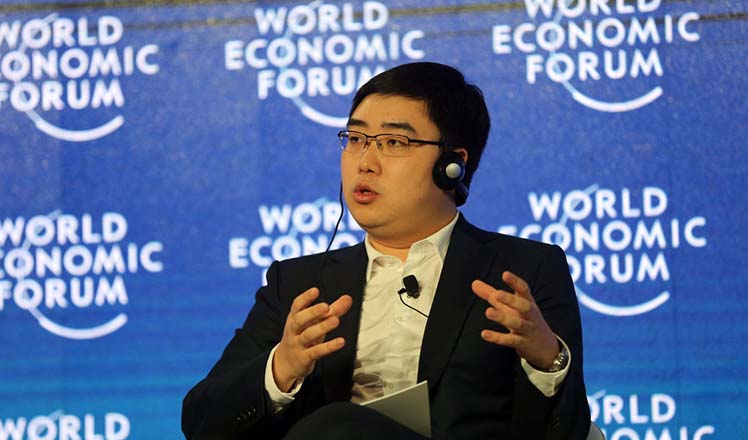
 China's top 10 post-80s self-made billionaires
China's top 10 post-80s self-made billionaires
 Famous paintings recreated with chocolate
Famous paintings recreated with chocolate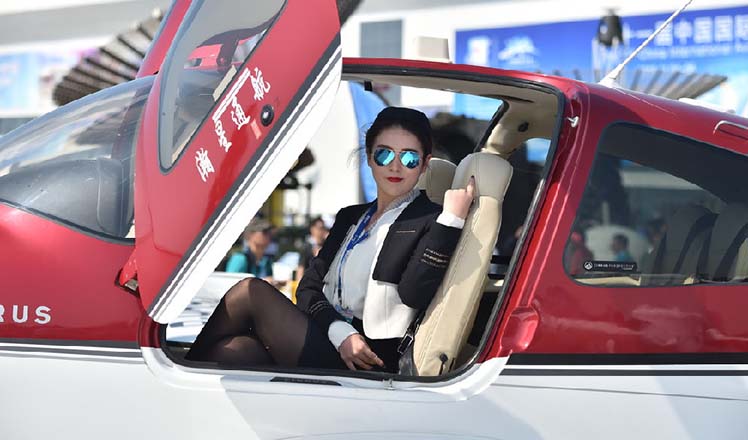
 Looking for a ride?
Looking for a ride?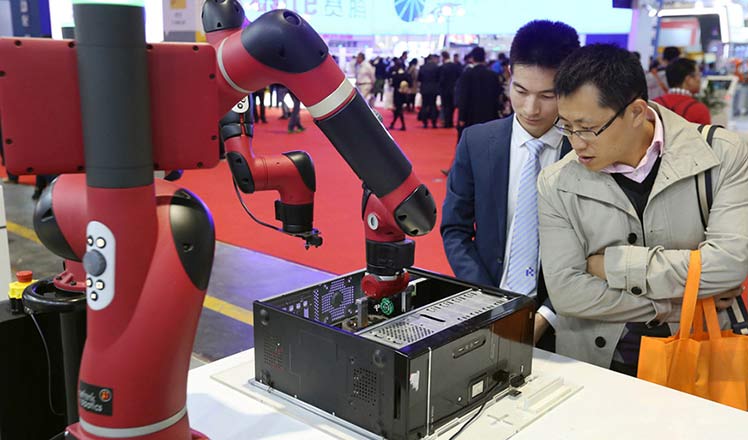
 Robots draw people to China International Industry Fair
Robots draw people to China International Industry Fair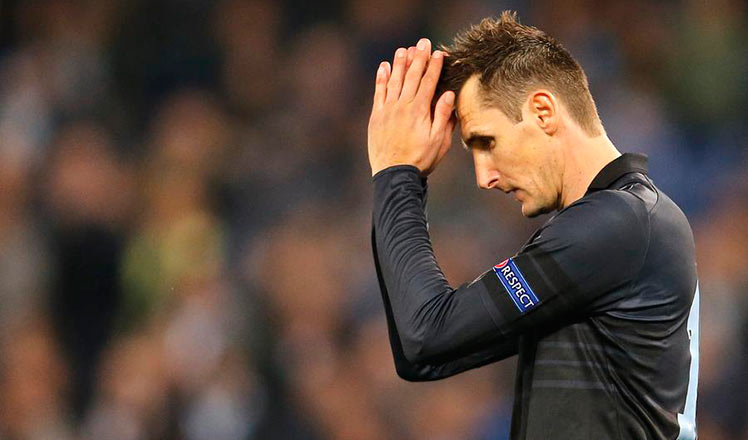
 German international Miroslav Klose retires
German international Miroslav Klose retires
 Top 10 most influential Japanese cartoons in China
Top 10 most influential Japanese cartoons in China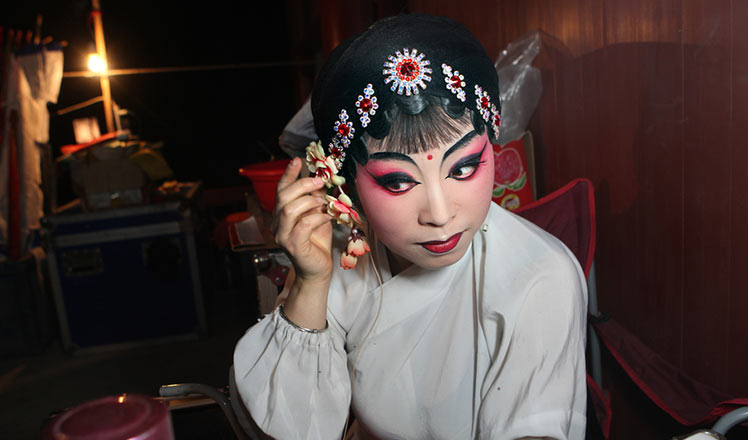
 Opera performer who takes her shows to villages
Opera performer who takes her shows to villages
 13 most appealing cars in China in 2016
13 most appealing cars in China in 2016
Most Viewed
Editor's Picks

|

|

|

|

|

|
Today's Top News
US election rhetoric unlikely to foreshadow future US-China relations
'Zero Hunger Run' held in Rome
Trump outlines anti-terror plan, proposing extreme vetting for immigrants
Phelps puts spotlight on cupping
US launches airstrikes against IS targets in Libya's Sirte
Ministry slams US-Korean THAAD deployment
Two police officers shot at protest in Dallas
Abe's blame game reveals his policies failing to get results
US Weekly

|

|








